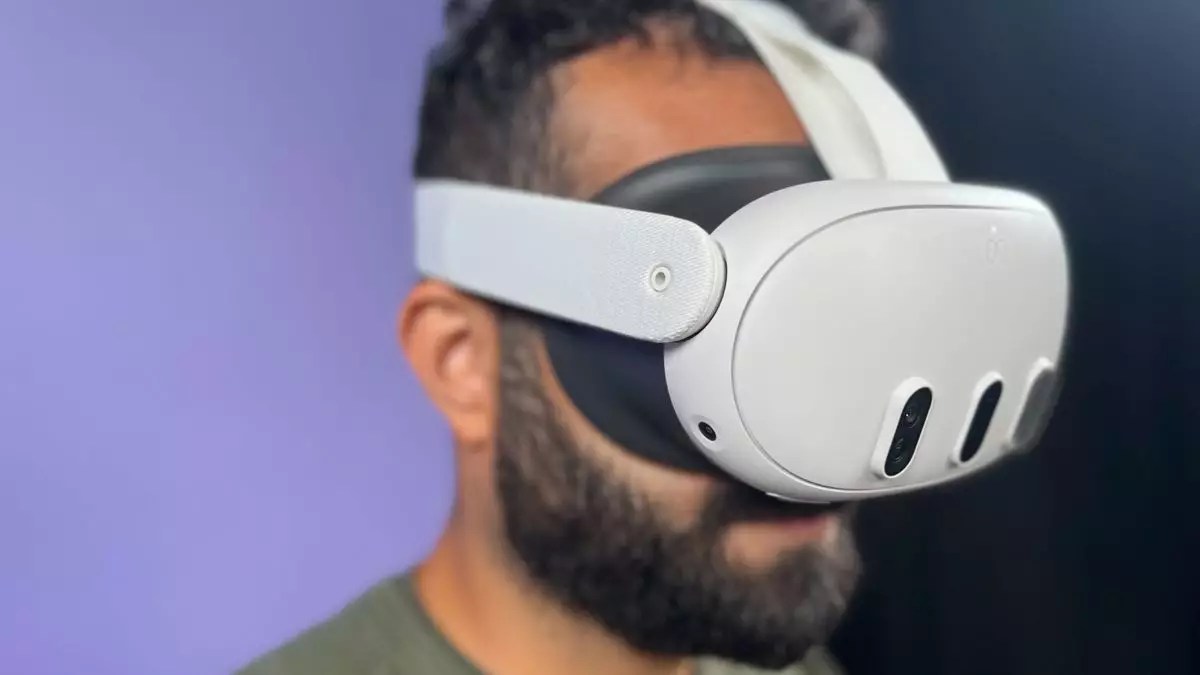The virtual reality landscape is evolving rapidly, with Meta announcing that its Quest operating system, now known as Meta Horizon OS, will be made available to third-party hardware manufacturers. This move opens up a plethora of possibilities for the VR industry, allowing for the integration of Quest’s cutting-edge features into new and innovative designs.
Partnerships with Asus and Lenovo
Among the first hardware makers to jump on board are Asus and Lenovo, both known for their contributions to the technology sector. Asus plans to release an ROG branded VR headset focusing on gaming performance, while Lenovo’s upcoming device is geared towards productivity, learning, and entertainment. These partnerships signify a new era of collaboration in the VR space.
Meta Horizon OS encompasses a host of features that have made Quest 3 a popular choice among VR enthusiasts. These features include inside-out tracking, high-resolution passthrough, and Spatial Anchors, which enable the headset to interact with real-world reference points. The utilization of Qualcomm’s Snapdragon XR2 Gen 2 processor further enhances the performance and capabilities of these devices.
Meta’s decision to open up its VR software to third-party manufacturers marks a significant shift in the company’s approach. By fostering collaboration and innovation, Meta aims to create a diverse ecosystem of VR devices that cater to different needs and preferences. This move aligns with Mark Zuckerberg’s vision of funding open-source AI projects, signaling a commitment to advancing technology for the greater good.
While the expansion of Meta Horizon OS presents exciting opportunities for the VR industry, it also raises challenges. One concern is whether Asus and other manufacturers can match Meta’s pricing for their devices. The affordability of VR headsets plays a crucial role in expanding the user base and driving adoption. Balancing cost with performance will be key in ensuring the success of these new devices.
The introduction of Meta Horizon OS to third-party hardware makers heralds a new chapter in the VR landscape. By combining cutting-edge technology with a collaborative approach, Meta, Asus, Lenovo, and other manufacturers have the potential to reshape the future of virtual reality. As these devices hit the market, it will be fascinating to see how they are received by consumers and how they contribute to the growth of the VR industry.


Leave a Reply